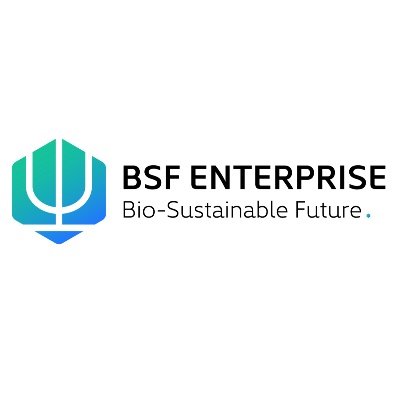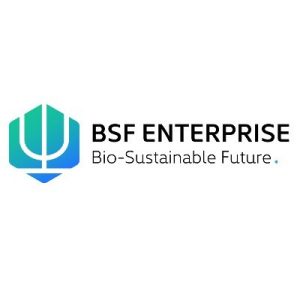Newcastle-based biotech startup, 3D Bio-Tissues (3DBT), has successfully created tissue-engineered skin using only cells, aimed at the luxury goods market. With assistance from the University of Northampton, who provided tanning expertise, 3DBT has introduced an ethical and sustainable leather product. This innovation offers the industry an opportunity to meet the rising demand for animal- and environmentally-conscious leather alternatives.
Recently, 3DBT presented bio-engineered samples that are genetically and structurally identical to traditional leather. Unlike conventional leather derived from animals, this lab-grown leather involves no harm to any animals. It can be tanned using either traditional methods or modern, eco-friendly techniques, resulting in a material that is just as versatile in colour and appearance as the leather produced on farms.
The lab-grown leather and skin samples produced by 3DBT display the potential to replicate the properties, composition, and uses of farm-based leather. What sets this process apart is the lack of animal harm or environmental damage in its production. Only immortalised cells, isolated and collected from an adult female horse under a strict bioethics process, are used. Over a six-week period, the cells are grown into a complete skin or hide structure in the lab without any support from external materials such as plastics or cellulose.
What makes 3DBT’s product unique is the use of their patented, serum-free, and animal-free cell culture medium supplement, City-mixTM. This innovation speeds up tissue production while also reducing production costs, offering a distinct advantage over other models of lab-grown leather.
The company believes this technology provides a sustainable alternative to traditional leather production, which typically involves removing non-collagen substances like hair, fat, and epidermis from animal hides. These processes, especially the early stages, are responsible for a significant portion of environmental pollution and health risks, not to mention concerns over animal welfare. In fact, they account for large proportions of oxygen demand, suspended solids, sulfide, nitrogen, and chloride emissions. Hazardous chemicals such as sodium sulfide and sodium hydrosulfide are often involved. By replacing this with lab-grown methods, these environmental hazards are avoided, leading to a significantly lower ecological impact.
Just like farm-based leather, the lab-grown variety is expected to biodegrade fully within 10 to 50 years. In contrast, polymer-based leather alternatives may take over 500 years to decompose. This makes lab-grown leather a promising and eco-friendly option compared to both traditional leather and plastic-based alternatives currently in the market.
The collaboration between 3DBT and the University of Northampton has received funding from UK Research and Innovation (UKRI) through Innovate UK, with further support from the Scottish Funding Council, Welsh Government, Invest Northern Ireland, and the Department for Business, Energy and Industrial Strategy (BEIS).
Dr Che Connon, Managing Director of BSF Enterprise, expressed excitement about the potential of this lab-grown leather to meet the growing demand for animal-conscious leather products. He highlighted the innovation’s potential in addressing some of the fashion industry’s major issues and emphasised the team’s eagerness to engage with brands interested in this technology.
Professor Will Wise from the University of Northampton’s leather science department spoke of the project’s wide-reaching impact, noting how it has helped deepen the understanding of collagen modification and contributed to the creation of a new biomaterial for commercial use. He expressed enthusiasm about the collaboration with 3DBT and its goals.
Dr Emily Telford, senior research and development scientist at 3DBT, echoed these sentiments, adding that the partnership with the University of Northampton has allowed them to combine innovative bioengineering with established leather processing techniques. She believes this initiative will play a crucial role in addressing the growing demand for both traditional and alternative leathers in the pursuit of a more sustainable future.
BSF Enterprise plc (LON:BSFA), the owner of pioneering UK-based clinical and cellular agriculture company 3D Bio-Tissues, is unlocking the next generation of biotech solutions. It is achieving this through an acquisition-led growth strategy to drive the development of lab-grown tissues.


